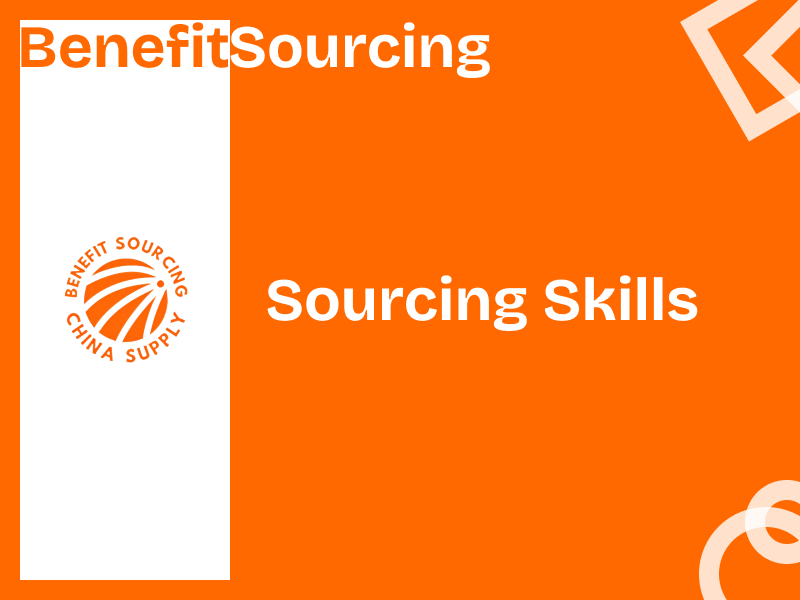Understanding the Chinese Legal System for Trade

For international SMEs and e-commerce sellers entering the Chinese market, navigating the legal landscape requires understanding these 8 core aspects:
1. Hierarchical Structure of Trade Laws
China’s trade regulations operate on four distinct tiers:
- National Laws:
《Foreign Trade Law》(2022 Amendment)
《Contract Law》(民法典)
《E-Commerce Law》(2019) - Administrative Regulations:
Customs procedures (General Administration of Customs Order No.238)
Cross-border e-commerce retail policies - Local Implementation Rules:
Provincial variations in business registration
Free Trade Zone-specific incentives - International Agreements:
WTO commitments
Bilateral trade pacts
2. Contract Essentials for Foreign Buyers
When drafting agreements with Chinese suppliers:
✓ Always include Chinese and English versions with equal legal standing
✓ Specify dispute resolution jurisdiction (Chinese courts vs international arbitration)
✓ Clarify INCOTERMS 2020 standards for shipping responsibilities
✓ Payment terms must comply with SAFE (State Administration of Foreign Exchange) regulations
3. Common Compliance Pitfalls (2019-2023 Statistics)
Top violations among foreign SMEs:
- 38% - Improper product certification (CCC mark requirements)
- 29% - Misclassification of goods for customs
- 22% - Failure to obtain required import licenses
- 11% - Intellectual property documentation gaps
4. Streamlined Customs Clearance Options
For small-quantity shipments (<$5,000 value):
→ Use bonded warehouses in free trade zones
→ Leverage cross-border e-commerce pilot cities’ simplified procedures
→ Consider “1210” special customs code for B2C transactions
→ Pre-clear through China’s Single Window platform
5. Intellectual Property Protection Strategies
Practical steps for foreign businesses:
- File trademark applications through CNIPA’s online portal (1,300 RMB official fee)
- Utilize customs IP recordation system to block counterfeit exports
- Join industry-specific IP alliances (e.g., MPA for media content)
- Conduct quarterly online market monitoring via Alibaba Anti-Counterfeiting Alliance
6. Tax Compliance Framework
Key financial considerations:
- VAT refund rates (13%, 9%, 6% depending on product category)
- Corporate income tax concessions for SMEs (20% reduced rate)
- Withholding tax exemptions under double taxation agreements
- Cross-border e-commerce retail import tax policy (70% of general trade rate)
7. Dispute Resolution Pathways
Three-tier system for trade conflicts:
- Administrative Coordination
- MOFCOM’s Complaint Center (average resolution time: 45 days)
- Commercial Arbitration
- CIETAC cases involving foreign parties: 78% settlement rate
- Average arbitration cost: 8-12% of claim value
- Judicial Proceedings
- Specialized IP courts in Beijing/Shanghai/Guangzhou
- Average civil case duration: 6-18 months
8. Emerging Regulatory Trends
Recent developments impacting foreign traders:
- Digital RMB (e-CNY) integration for cross-border settlements
- Enhanced data compliance under PIPL (Personal Information Protection Law)
- Green trade certification requirements for 28 product categories
- Blockchain-based customs clearance pilots at major ports
Practical compliance tools for newcomers:
- MOFCOM’s “Trade Assistance” WeChat mini-program (real-time regulation updates)
- Third-party inspection agencies like CCIC for quality verification
- Local Chambers of Commerce legal clinics in major trade hubs
- Government-subsidized compliance training programs (50-70% cost coverage)
Critical numbers to remember:
- Mandatory product standards: 43,000+ GB national standards
- Average customs clearance time: 1.7 days (2023 World Bank data)
- Tax refund processing period: 10 working days (Class A taxpayers)
- IP infringement compensation ceiling: 5 million RMB
By focusing on these operational realities rather than theoretical frameworks, small international buyers can develop risk-managed procurement strategies that align with China’s evolving legal requirements. Regular consultation with licensed trade attorneys (average hourly rate: 1,500-3,000 RMB) remains advisable for complex transactions.
Need a sourcing agent in China?
Just send us your demand with the form below.